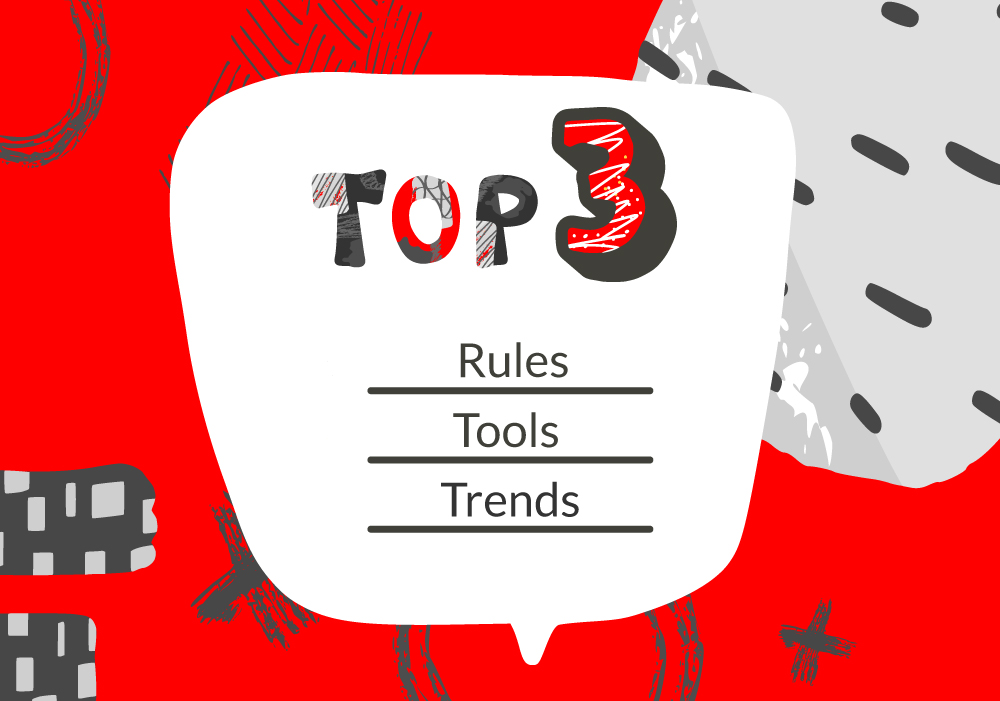In this series, experienced editors reflect on their Top 3 tools, rules and suggestions for clients and colleagues.

Gael Spivak works in communications for the Government of Canada, where she specializes in plain language writing and editing. An editor for 13 years, Gael has worked on topics that include food safety and food labelling, biotechnology, influenza, zoonoses and road salts.
Gael has been a member of Editors Canada for 12 years, and a volunteer for most of that time at the branch and national level. She is currently the past president of Editors Canada and also one of the admins for the Editors’ Association of Earth Facebook groups.
Say hello on Twitter or connect via LinkedIn.
Top 3 professional tools you can’t work without
- My style guide. It’s particular to my workplace (and it certainly has some peculiarities).
- Editors Canada editing definitions. I use these all the time because my colleagues ask for “proofreading” when they mean all sorts of other things. The definitions help us agree on scope and timing.
- Canadian Oxford Dictionary and Editing Canadian English. Because Canadian!
Top 3 marketing channels you enjoy using
Top 3 life-work balance rules
- I (mostly) do not think about work when I am not at my workplace. That includes not replying to emails unless they are super urgent (as in a food safety emergency or a high-level official needing something before the end of the day).
- I stop all volunteer work by 9 p.m. each weeknight, unless it’s an emergency.
- I chat with friends and colleagues through the day, in person or online. I need to share a laugh (it diffuses the stress in my high-pressure job) and get and give some virtual hugs.
Top 3 suggestions for authors/clients you work with
- Trust my skill level.
- Work with me (it will be fun, I promise!). We’re a team and we’re both serving the reader.
- Listen to what I have to say about language change. It’s been a long time since either of us has been in grade school, but which one of us has kept up to date on what’s new in English spelling, punctuation, grammar and usage?
Top 3 suggestions for new editors/freelancers
- Volunteer (to learn new skills and meet people).
- Read as much as you can (editing blogs and editing books).
- Ask questions of people you trust.
One book you wish you wrote/edited
The Subversive Copy Editor. Because it’s brilliant. And it keeps editors from becoming peevers, sticklers and other unpleasant scratchy, prickly types of editors.
One recent industry trend that inspires you
I am seeing so much support for the singular they (both uses). This makes me so happy. I keep a list of articles on the topic and share them whenever I can.
___
Previous post from Gael Spivak: Networking, Introverts and Squirrels
The Editors’ Weekly is the official blog of Editors Canada. Contact us.
Discover more from The Editors' Weekly
Subscribe to get the latest posts sent to your email.
